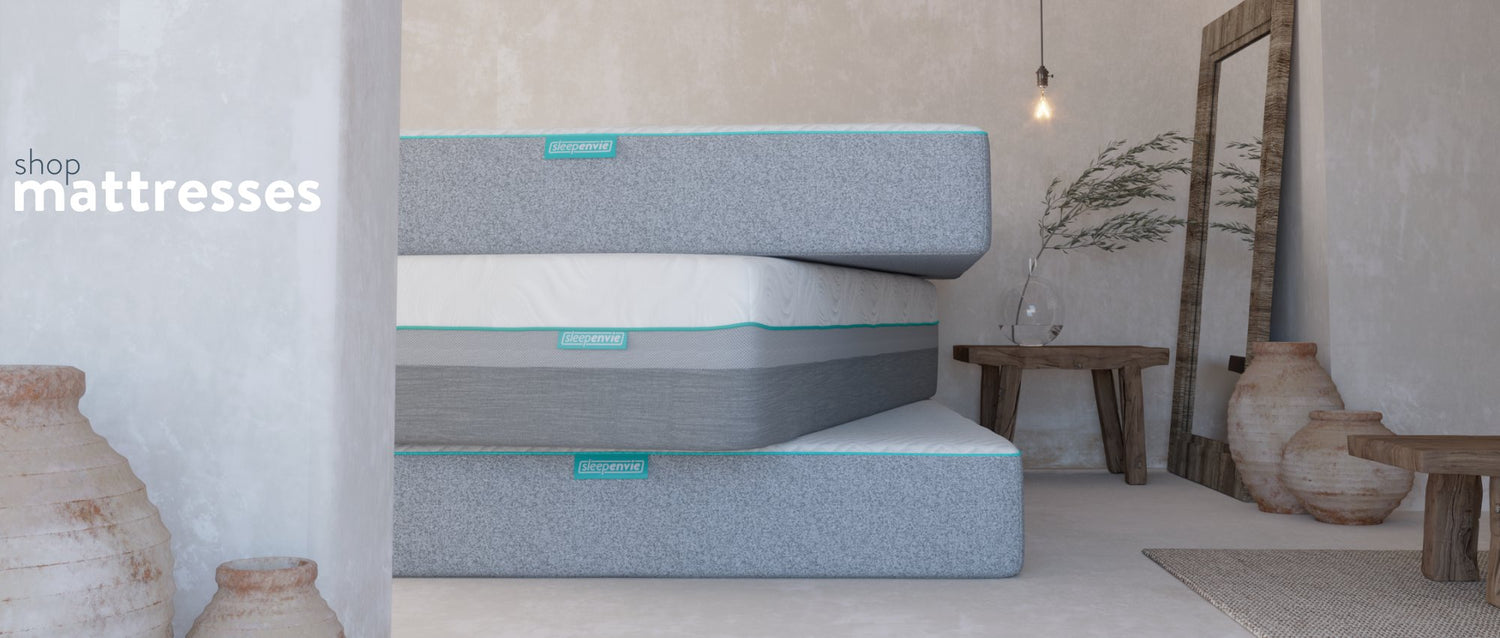Dr David Klein MD FRCP(C) ABIM (sleep medicine) is a senior sleep medicine physician at MedSleep Canada and is board certified in sleep medicine as well as an Assistant Professor of Medicine and Public Health at the University of Toronto. He has been practicing sleep medicine since 2006 and sees over 1000 sleep disorder patients per year with a wide variety of problems in locations across Ontario and Alberta. He is also an author of the Ontario guidelines for sleep medicine practice, a noted researcher and presenter on the treatment of different sleep disorders and a leader in the training and assessment of sleep physicians and other personnel across the country.

1. We often hear that you should always maintain a regular sleep schedule. Does it negatively impact your sleep routine if you sleep in on the weekends? Or, does that help you to catch up on your sleep for the week?
Both points are correct. We all need as adults 7 to 9 hours of sleep. Most of us do not get enough sleep and therefore accumulate “sleep debt” which sleeping in on the weekends helps “payback”. Keeping a regular routine prevents the accumulate of sleep debt and helps us function better during the week. Many people who sleep in on the weekends have a hard time falling asleep at regular times during the week.
2. What are some of the most common mistakes that you find people make with sleep?
Poor sleep hygiene is most typical. In 2018, that involves the use of smartphones and other devices in bed at night. The light of a smartphone in the middle of the night is essentially telling your brain that it's daytime and interfering with circadian rhythm hormones like melatonin, making it hard to fall back asleep.
3. Many of us struggle with sleep on a nightly basis--at what point should you see a doctor about this issue?
If you are concerned that you or your partner have sleep apnea (Snoring, choking, gasping, breath holding at night) then see your physician. There are many online tools to help improve your sleep like www.sleepeducation.org. Any concern about sleepiness and driving or other safety or potential sleep-related medical illness should also prompt a visit to the doctor.
4. Do you have any sleep tips for insomniacs?
Every patient is an individual. There is no one-size-fits-all. The best answer is don't let the problem go on too long without looking into it or doing something about it. Lack of sleep can contribute to numerous problems including depression, heart disease, and shorten your lifespan.
5. What are the three most important areas to focus on to maintain good sleep hygiene?
- Environment: bedroom cool, dark, comfortable and quiet
- Routine: maintain regular bedtime and rise time, clear your mind of worries
- Avoid or minimize bad habits: alcohol late at night or to excess, eating too close to bedtime, excess caffeine late in the day, etc.
6. In your opinion, does having a comfortable and supportive mattress make a difference in the quality of sleep you have?
Pain is a frequent disruptor of sleep. Frequent sleep disruption prevents our body from reaching deep restorative stages of sleep needed for healing, rest, and forming memories.
7. Does light really make a difference to your ability to get to sleep and the quality of sleep you have, or, is it just a myth?
Full spectrum lightboxes are very useful as a tool for helping with sleep and alertness, jet lag, and seasonal affective disorder. In general, natural light or full spectrum light in the morning after waking helps you get to bed earlier, versus light at the end of the day pushes your bedtime later. Light is what controls the release of melatonin by our body that sets our circadian rhythm.
8. Are there any natural sleep remedies that are effective?
Yes and no. Melatonin, tryptophan, valerian root, magnesium, and many others all have a biologic activity that can be used to improve sleep. However, we often see patients using these natural remedies either at wrong doses or in wrong and counterproductive ways. Just because you think something is “natural” it isn’t without side effects and misuse can do more harm than good.
9. What is the strangest sleep condition you've ever seen in a patient?
Sleep disorders are real diseases that can be devastating in patient’s lives, so “strange” isn’t a term I’d ever use. There are rare and unusual sleep disorders like cataplexy where patients can fall asleep while laughing, and I’ve had sleepwalking patients wake up in pretty uncomfortable situations like naked in the lobby of a hotel.
10. What is your secret to a good night's sleep?
Like all doctors, do as I say not as I do. Twenty years of all-nighters on-call and frequent travel have broken my sleep permanently I suspect.
ABOUT SLEEPENVIE
Sleepenvie is a Canadian online mattress-in-a-box and bedroom lifestyle brand that focuses on customization, convenience, and charitable contribution.
We make the mattress-buying process easy by delivering it directly to your door in one easy-to-handle compact box. We strongly believe in customizability, rather than a one-size-fits-all approach. An easy one-minute quiz matches you to the ideal mattress for your lifestyle and sleep habits.
Check us out online at www.sleepenvie.com and on Instagram, Twitter, and Pinterest at @Sleepenvie. Sweet dreams!



1 comment
I am a chronic insomniac . I take Normison, Cannabis Oul and THC. Normison is the only medication thay helps me sleep. I also have Corneal Neuralgia which is very painful. I have that 24/7